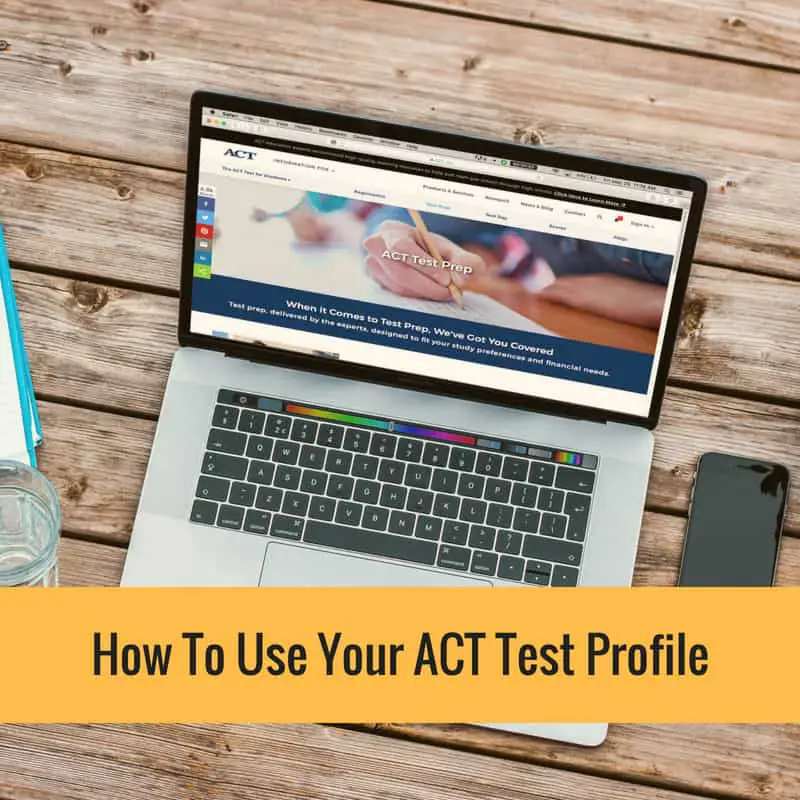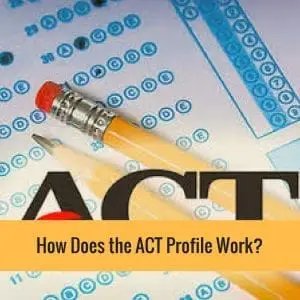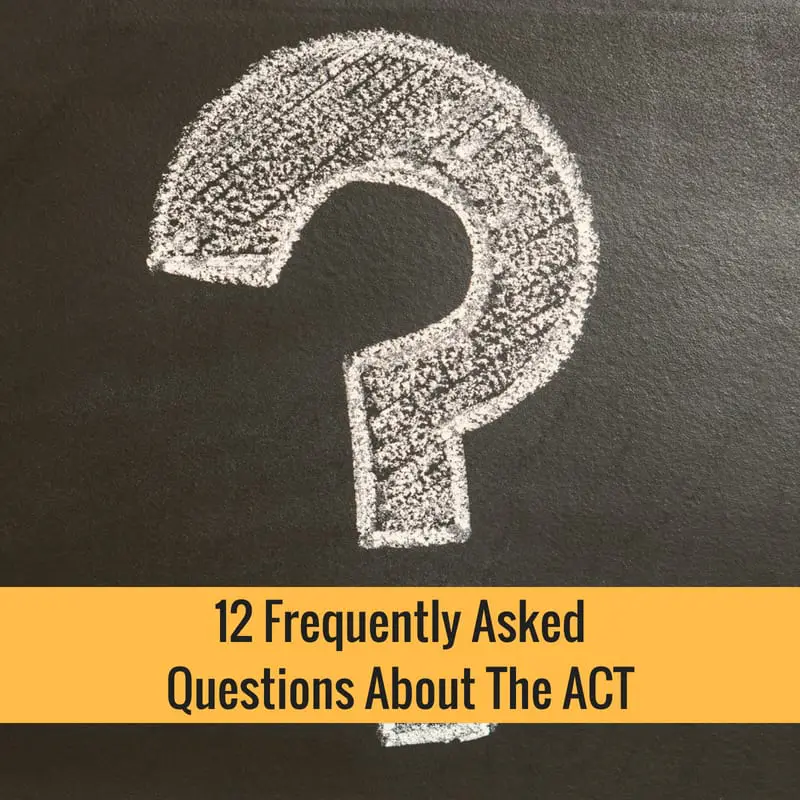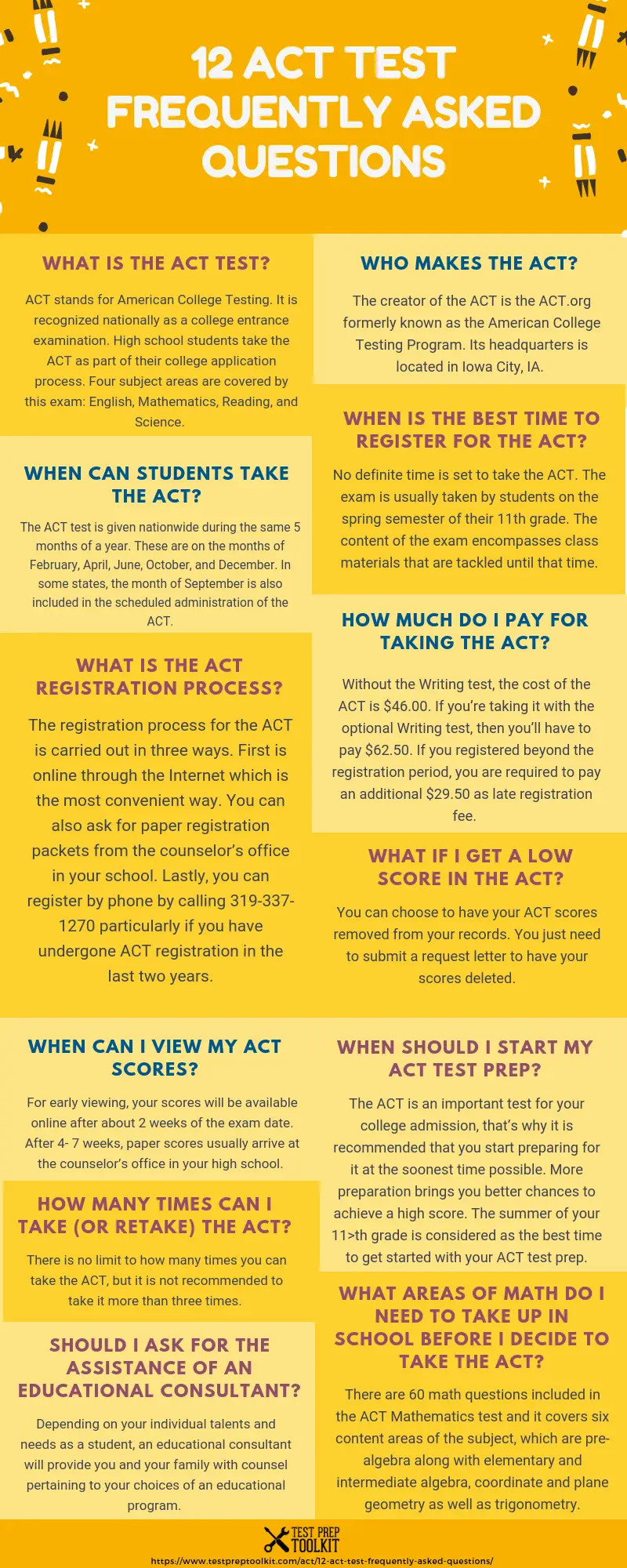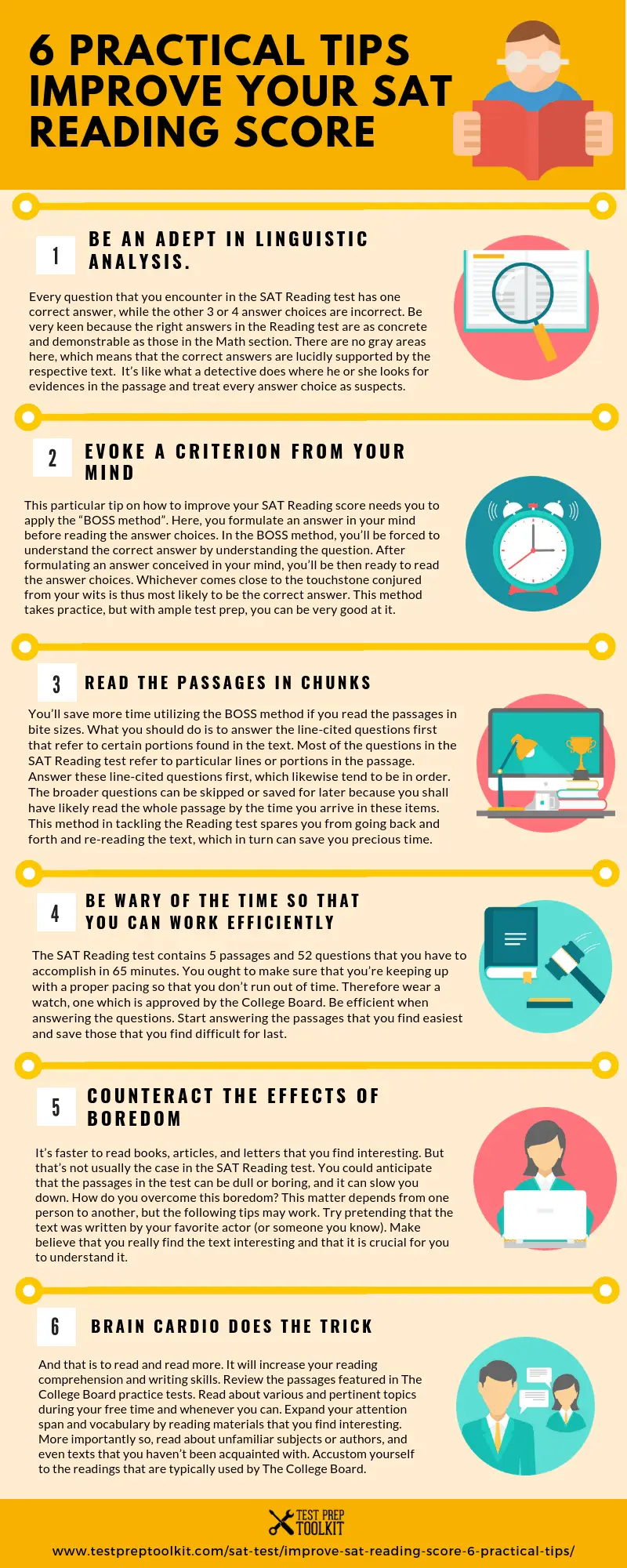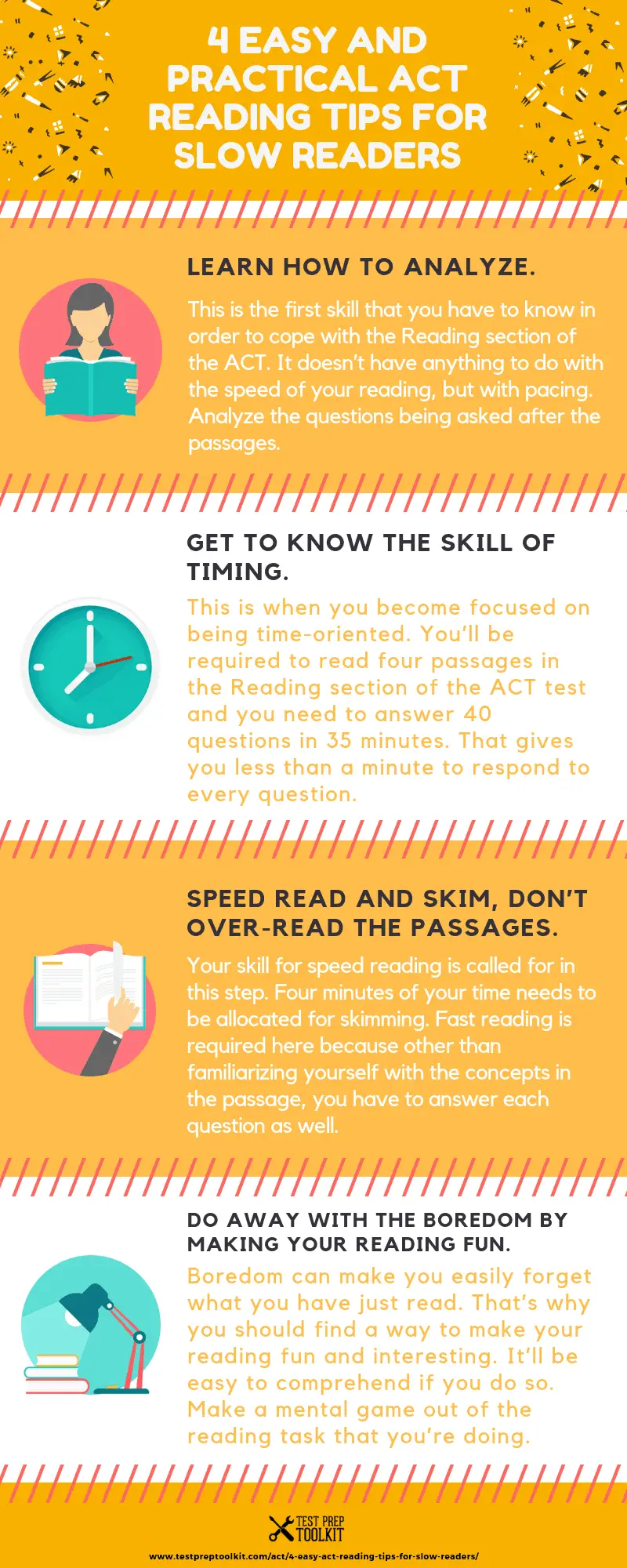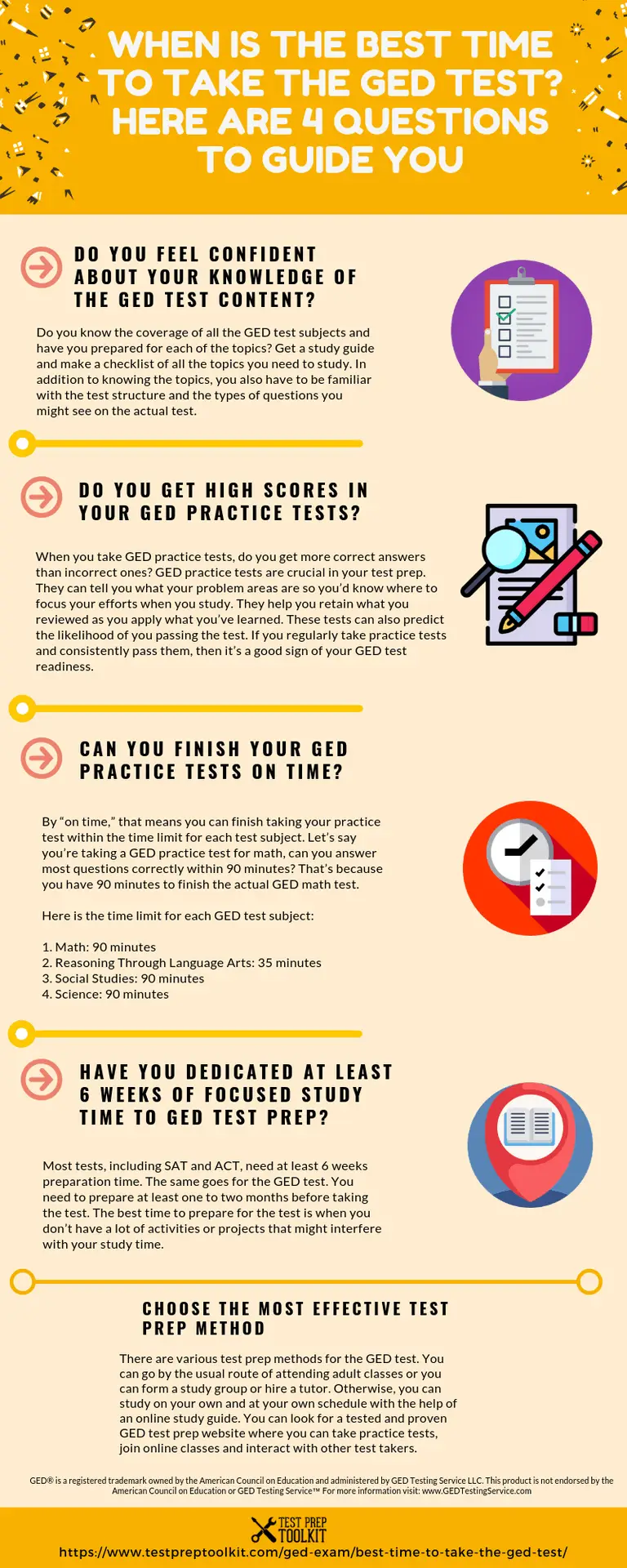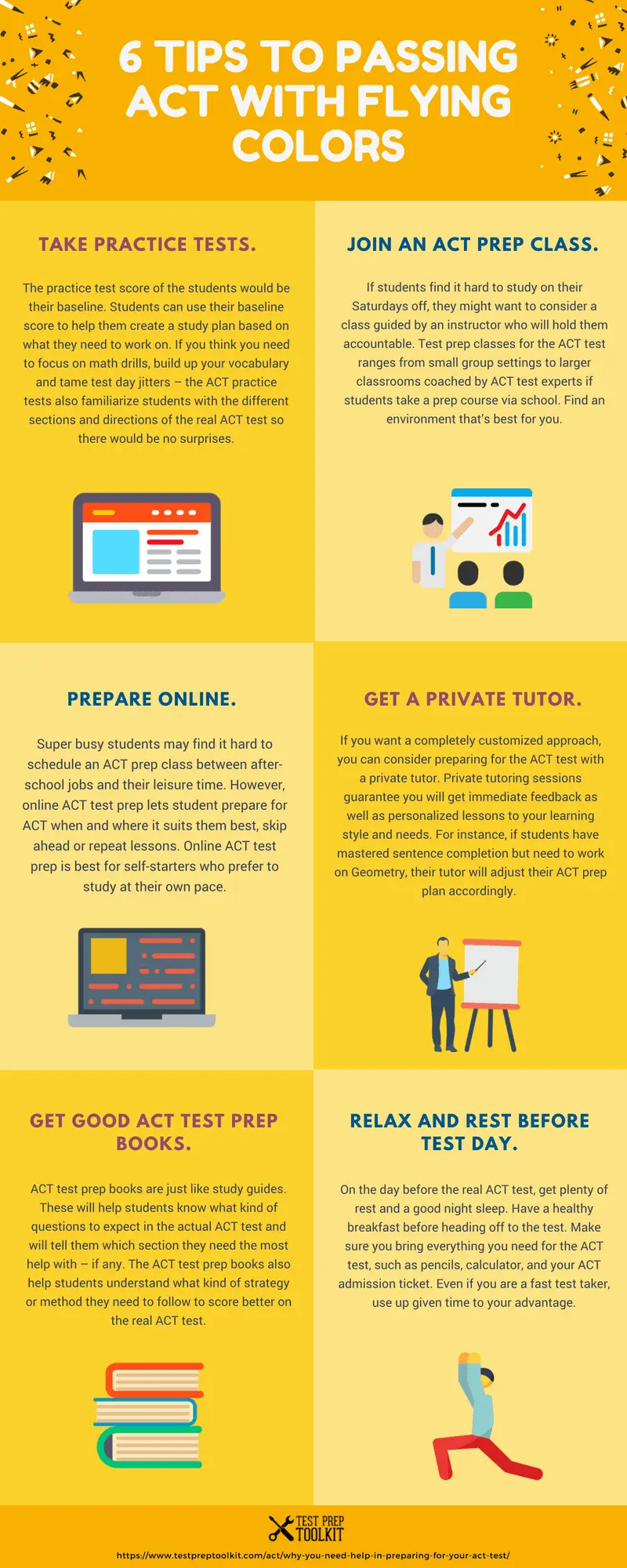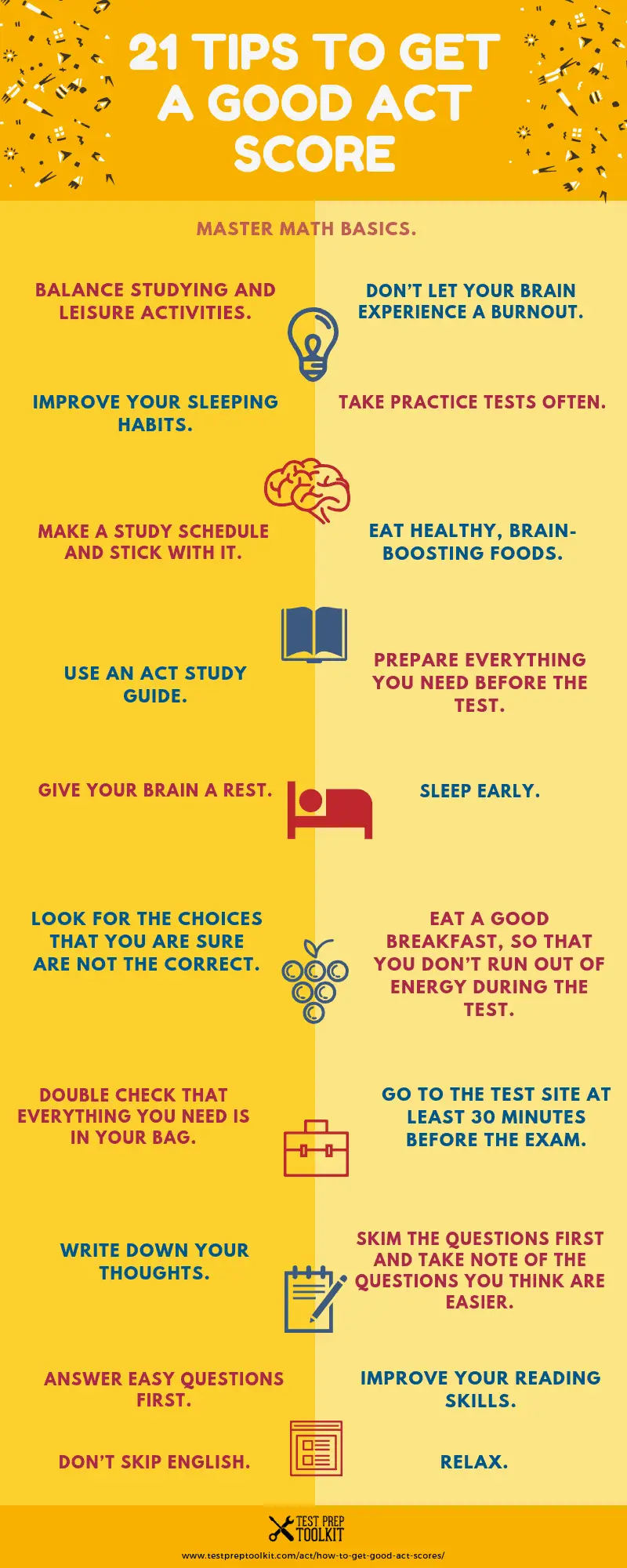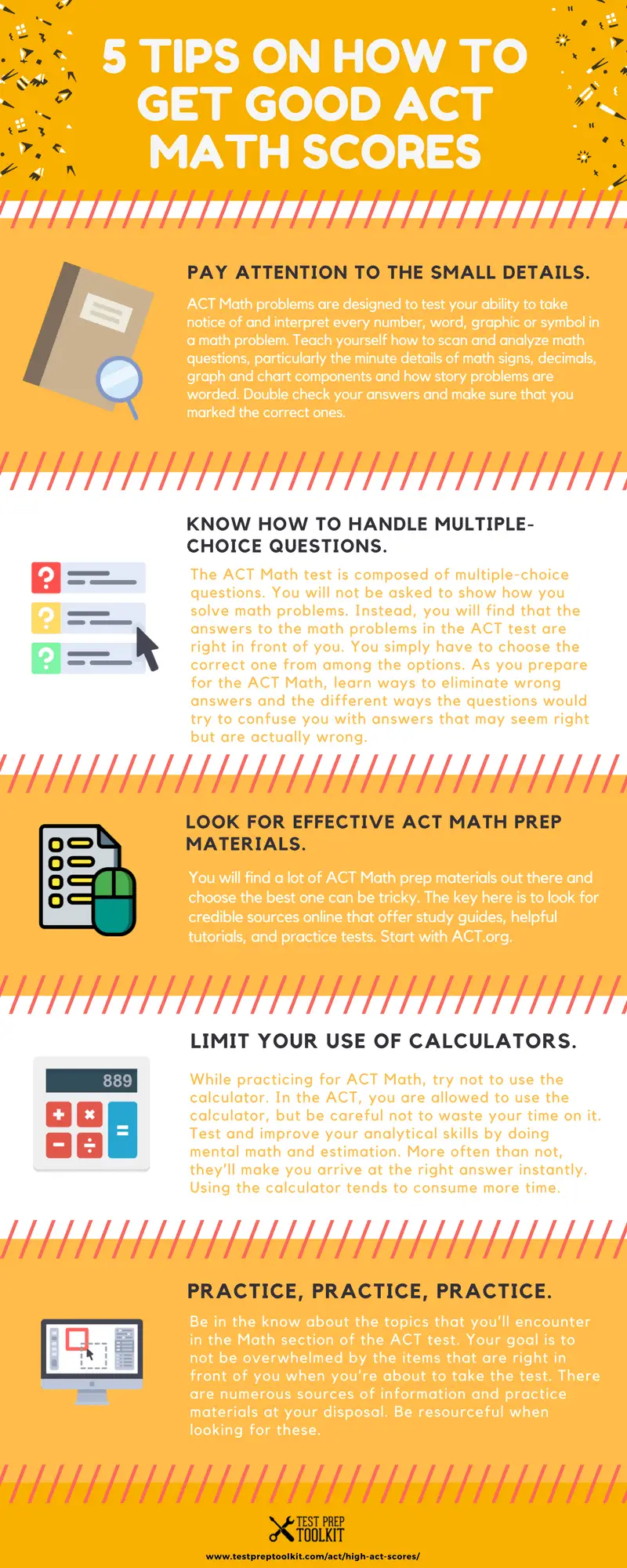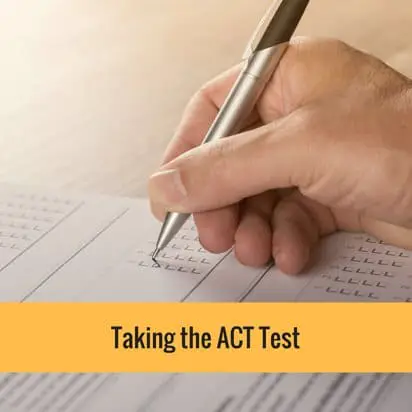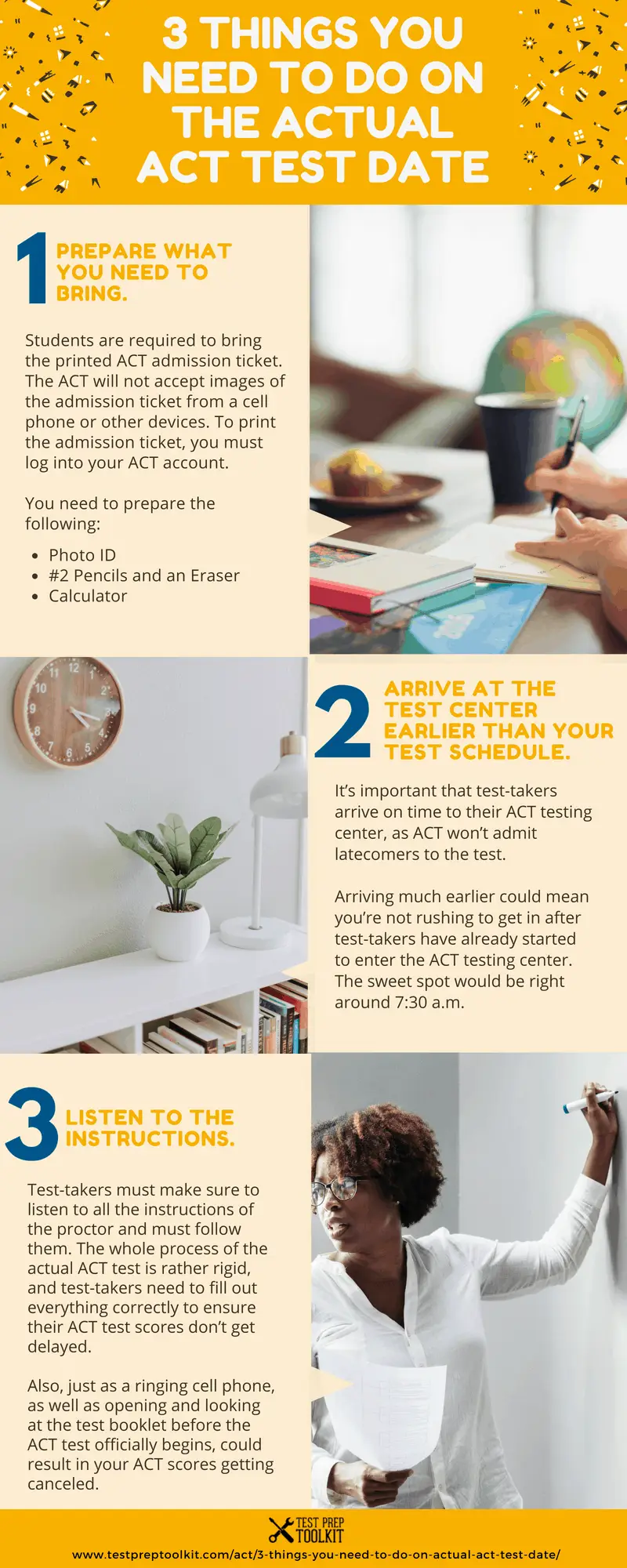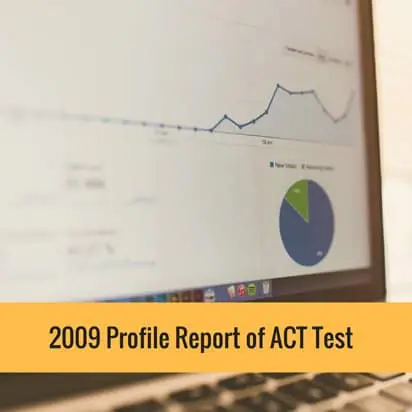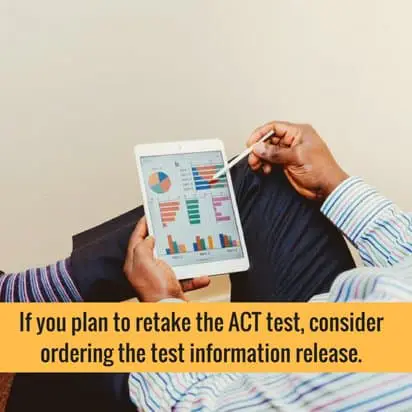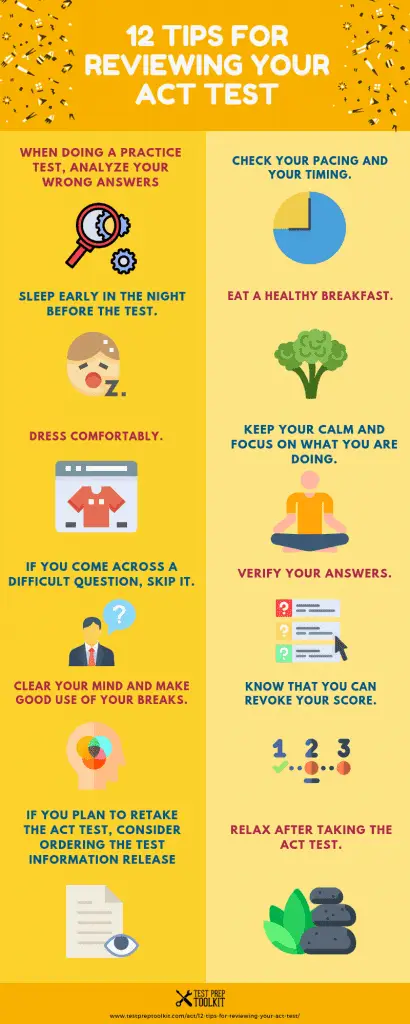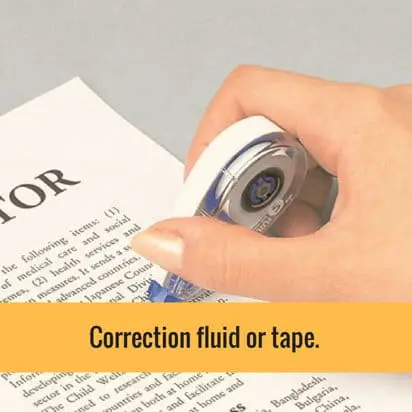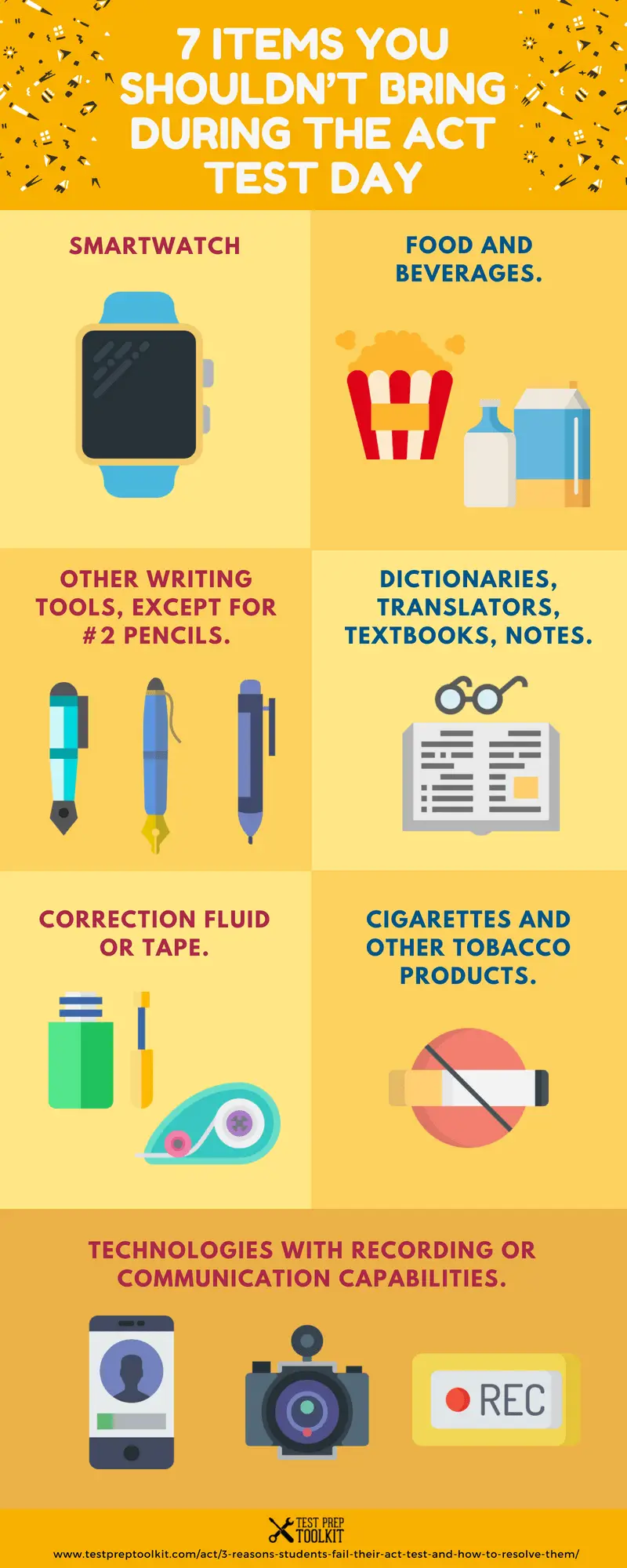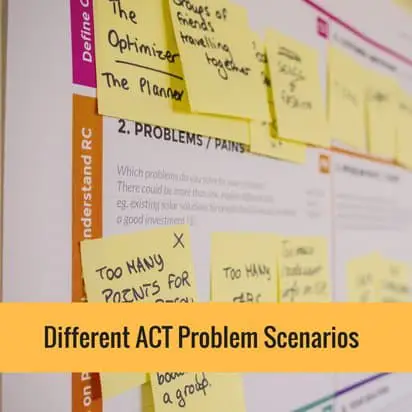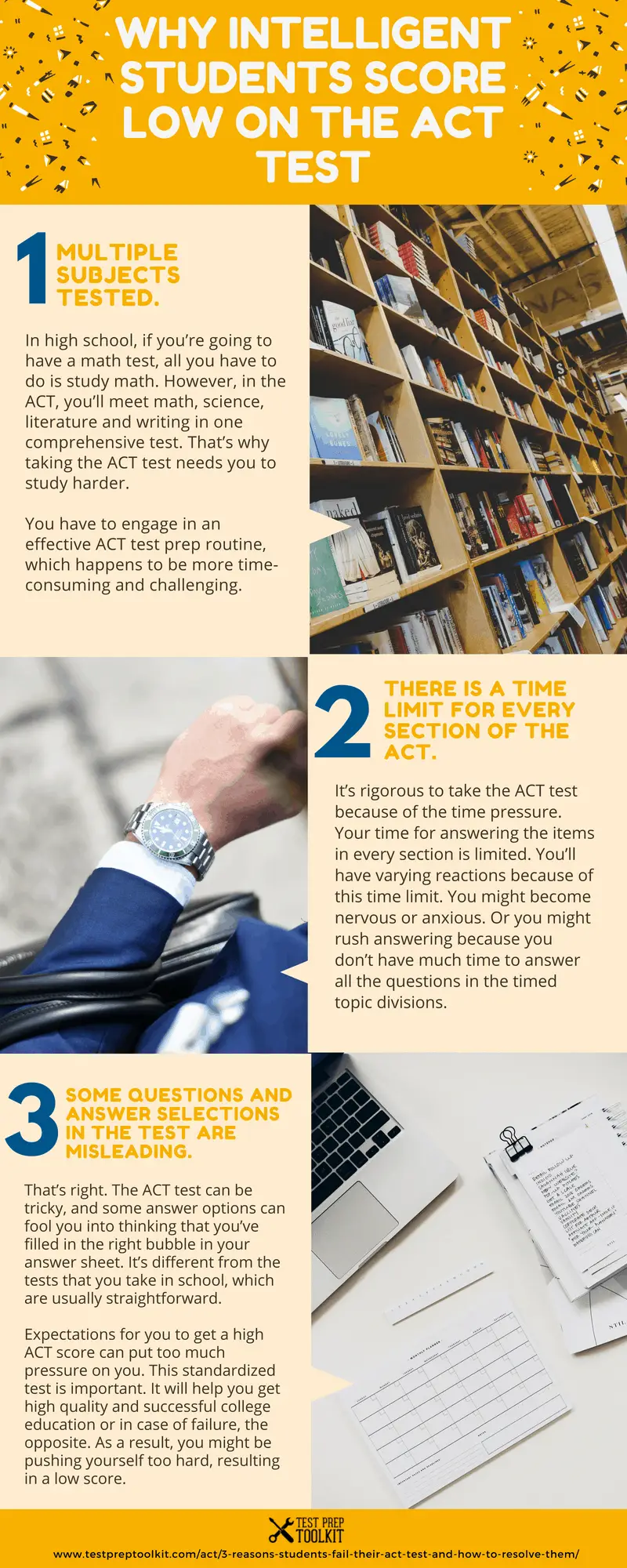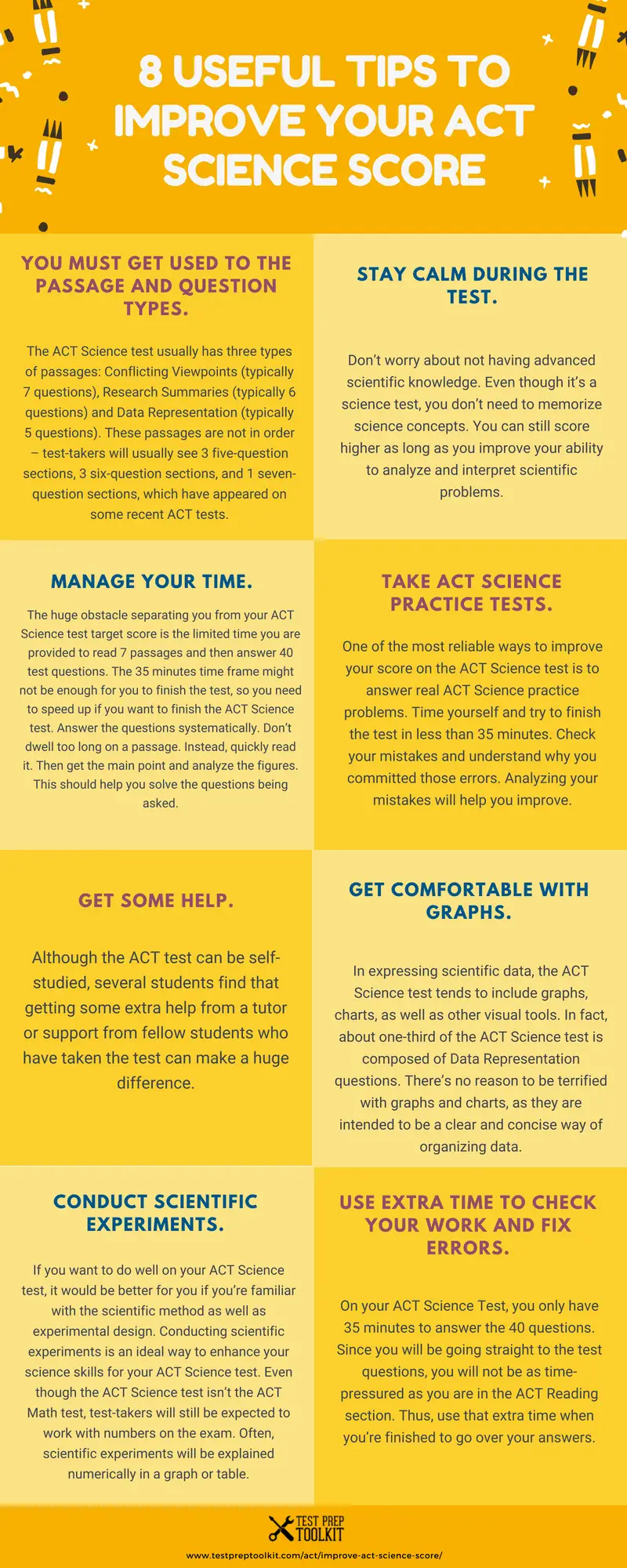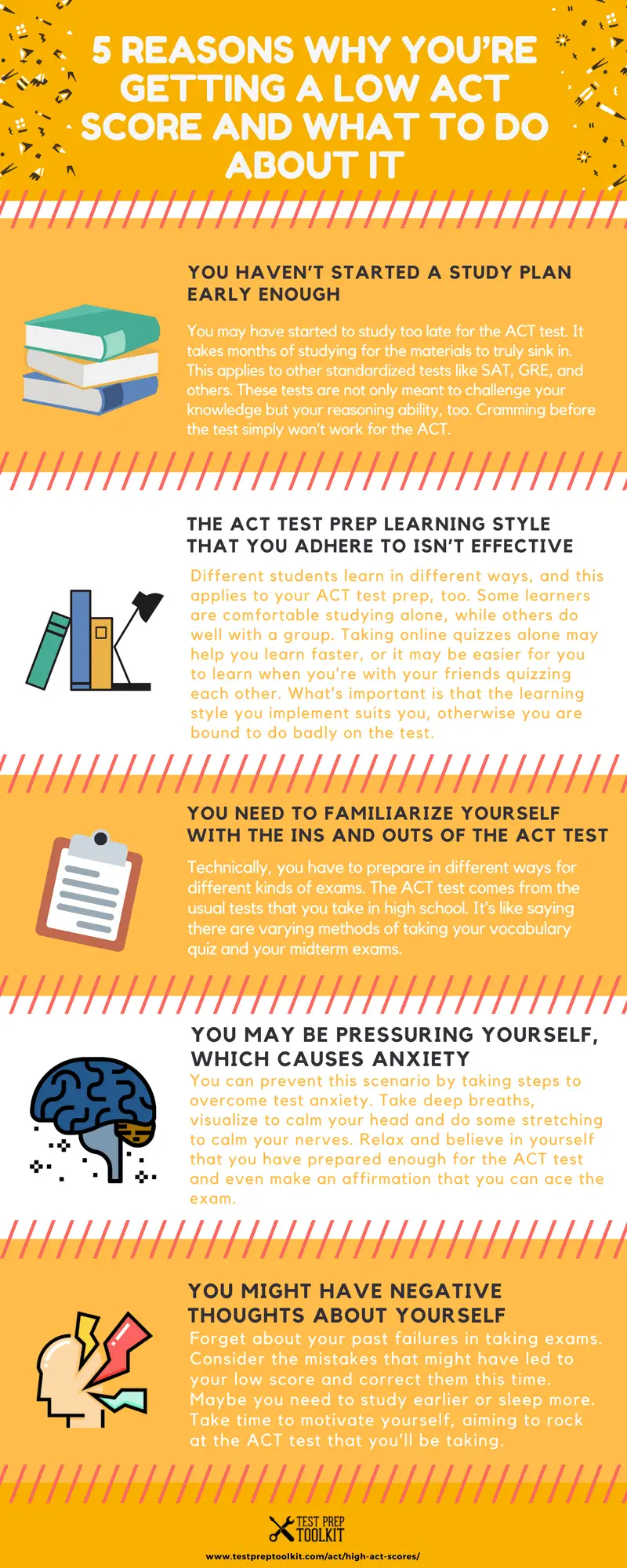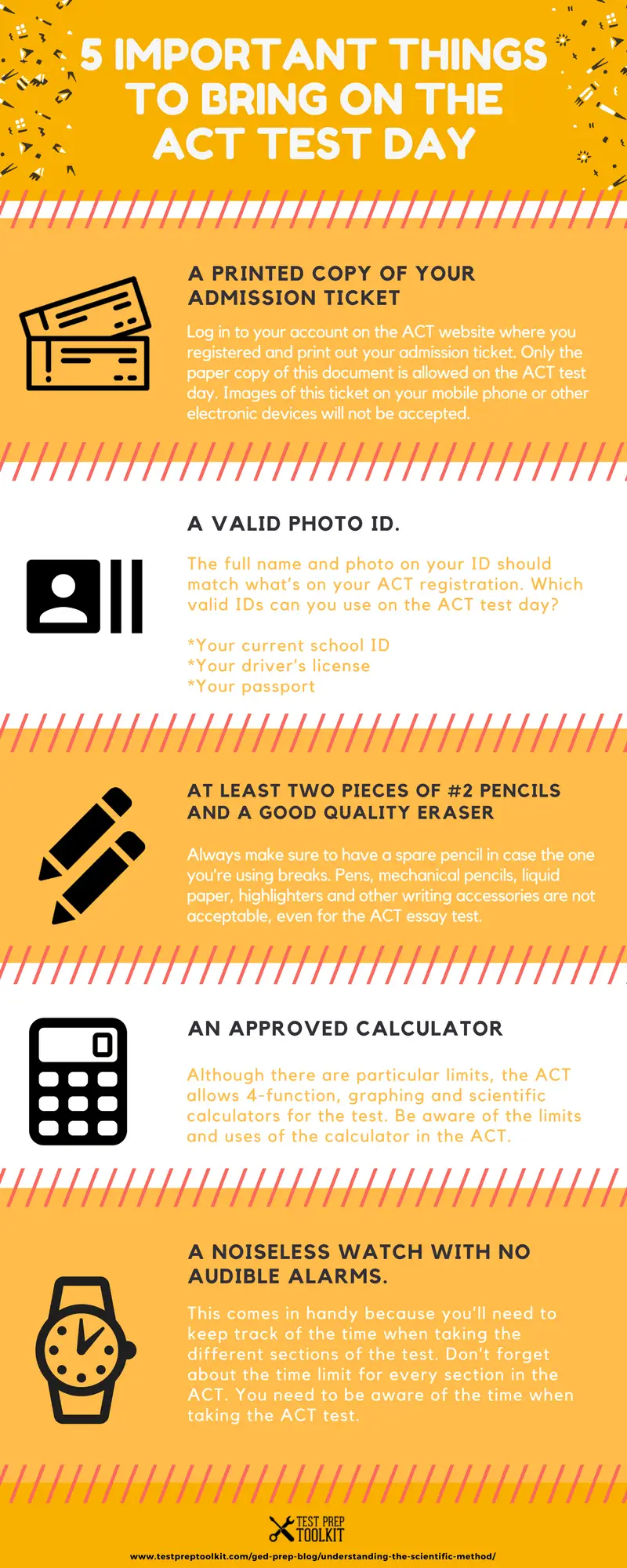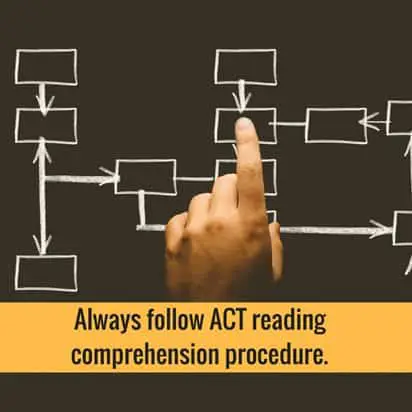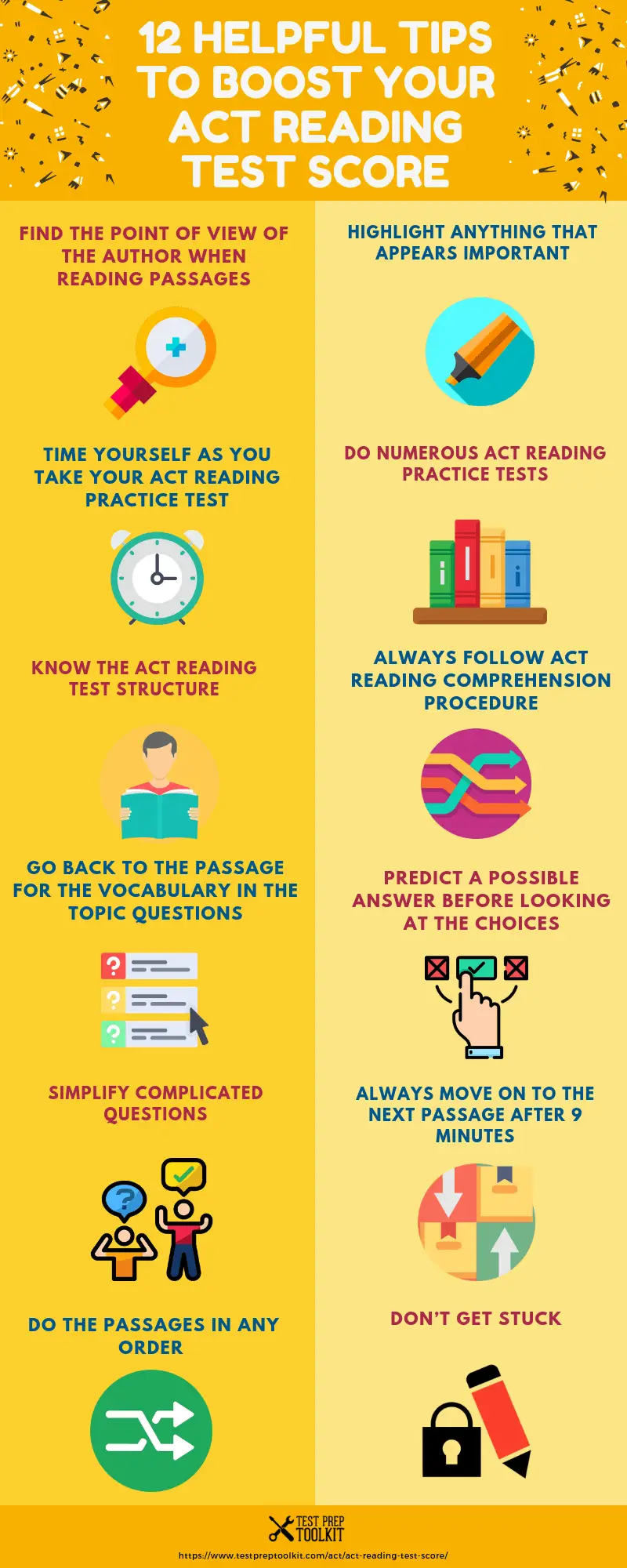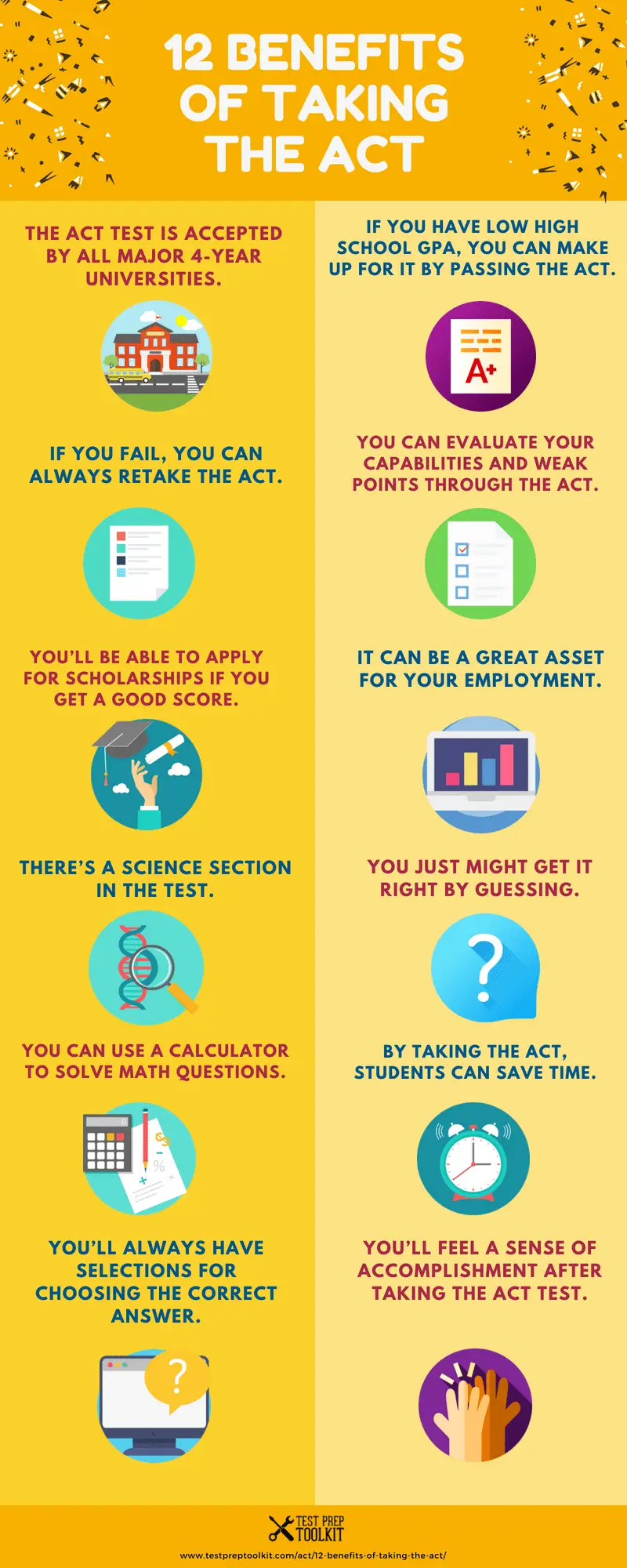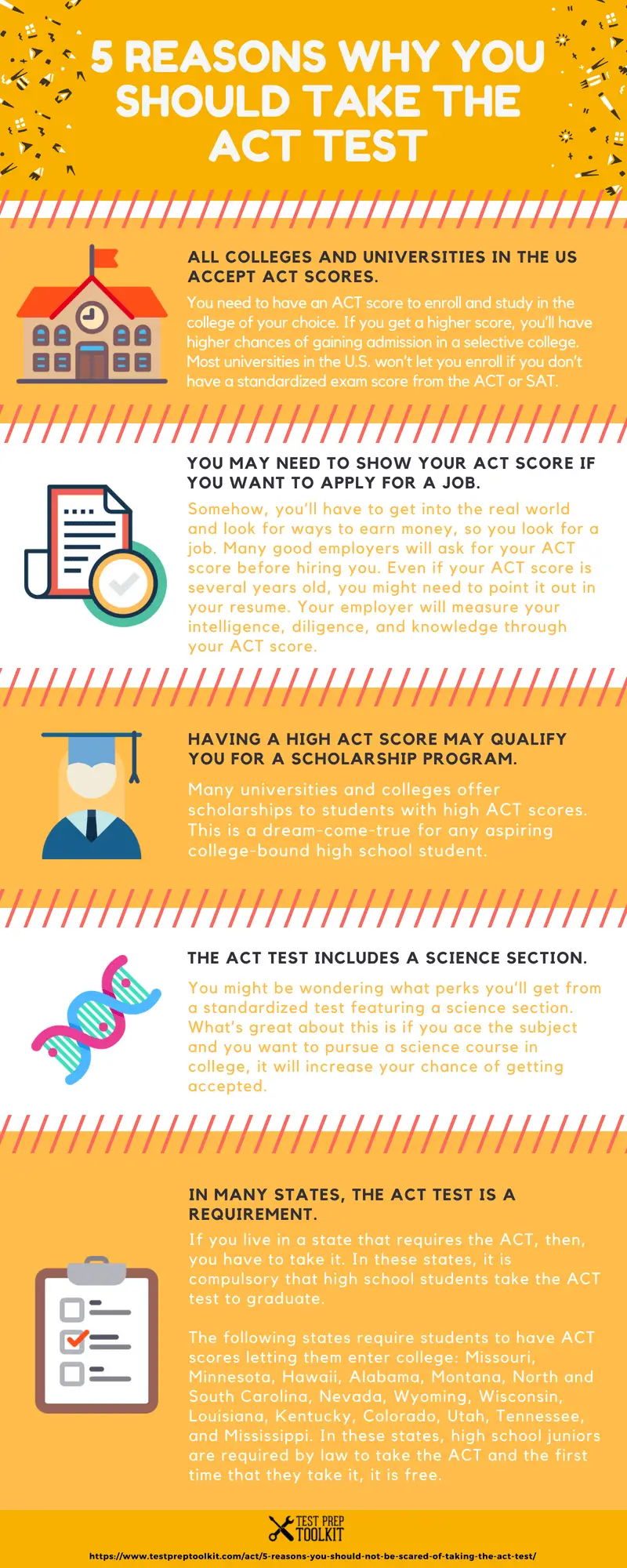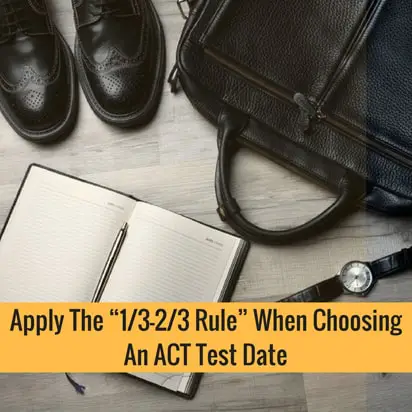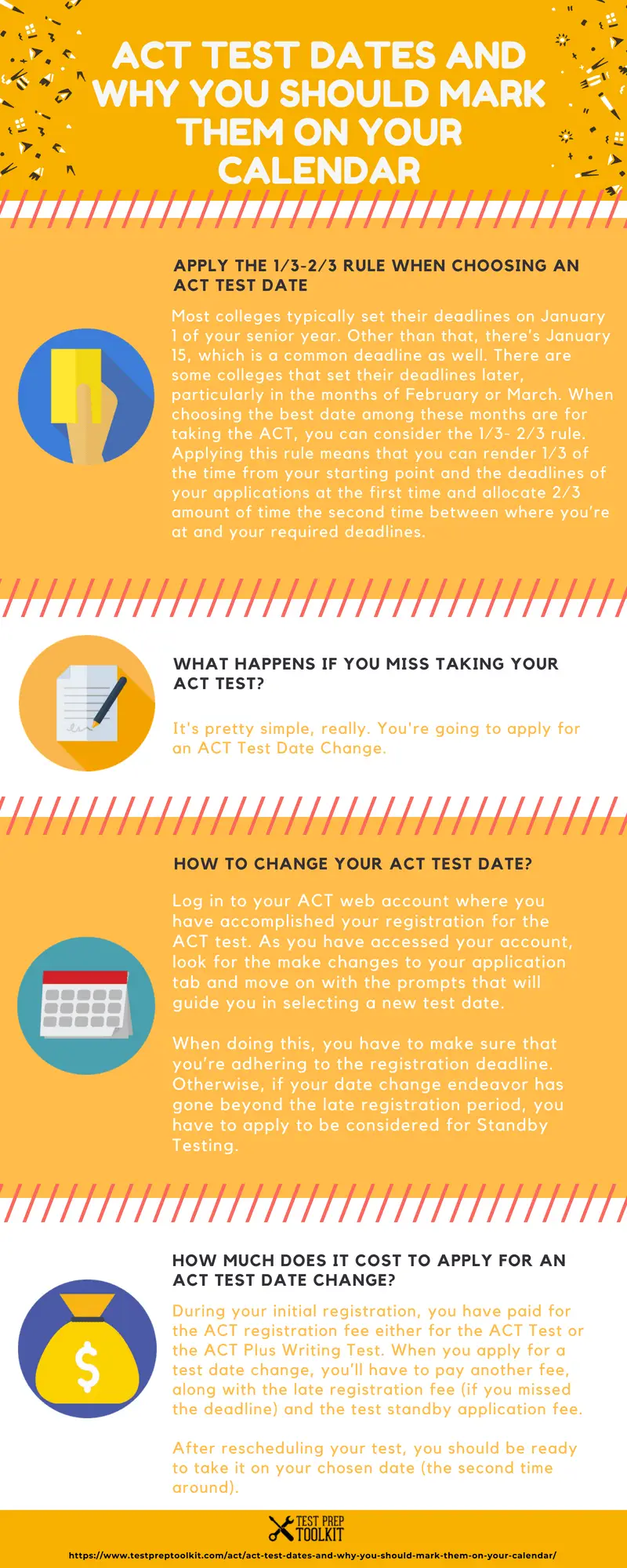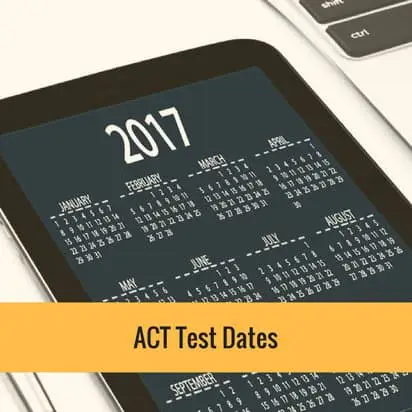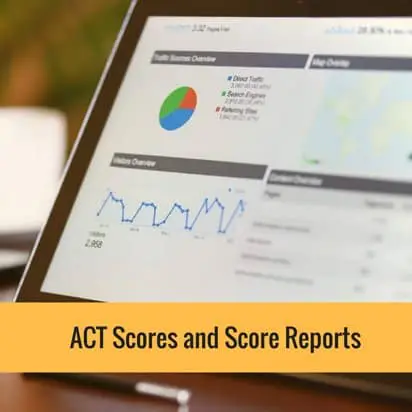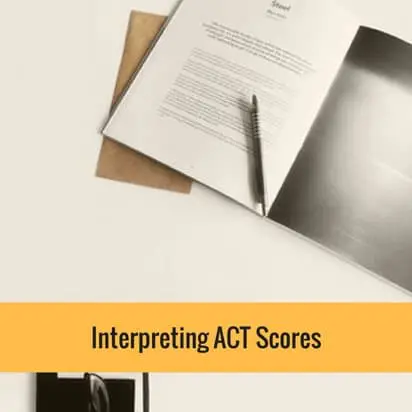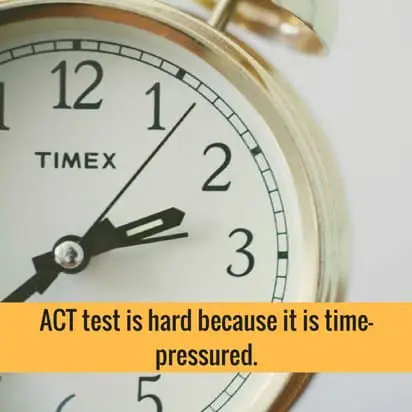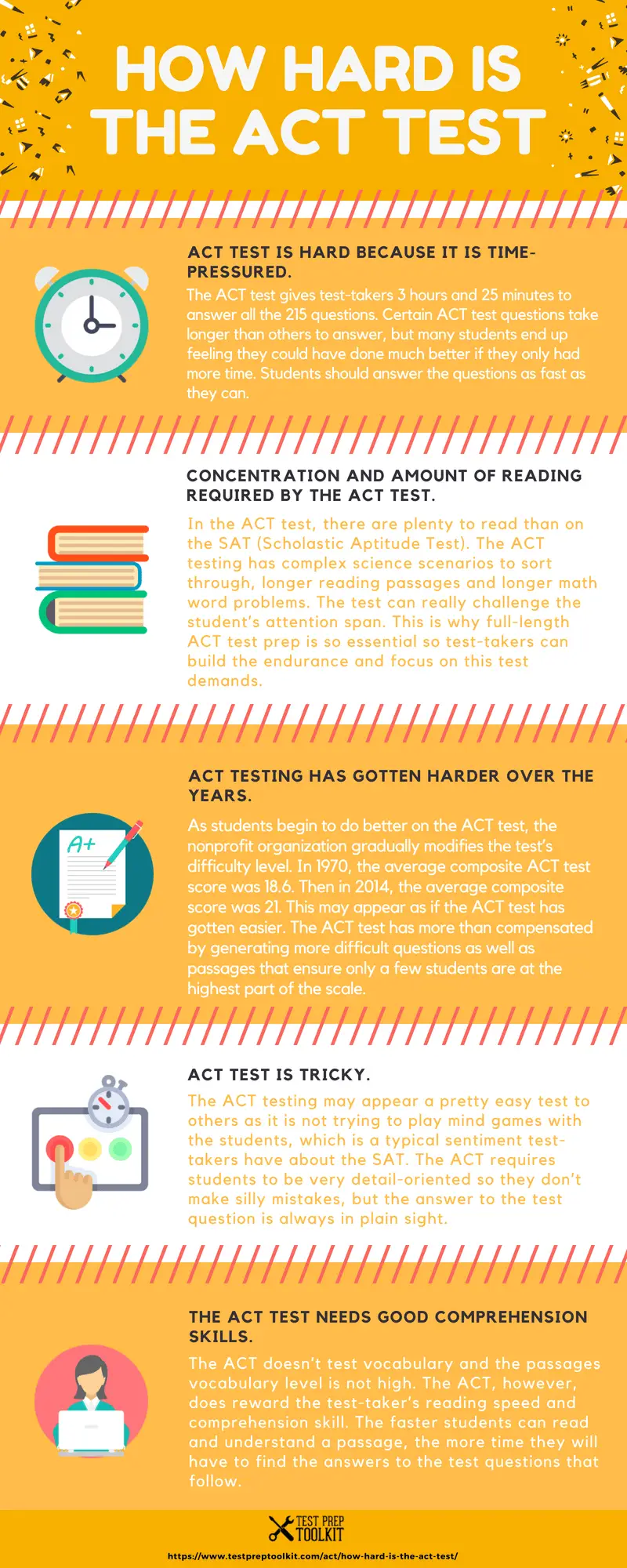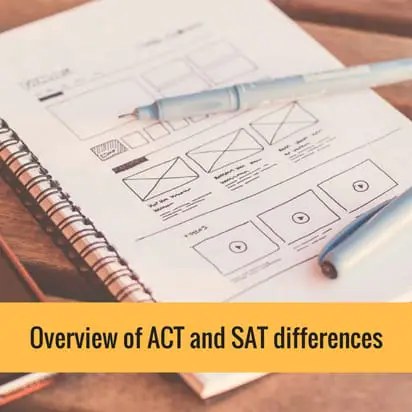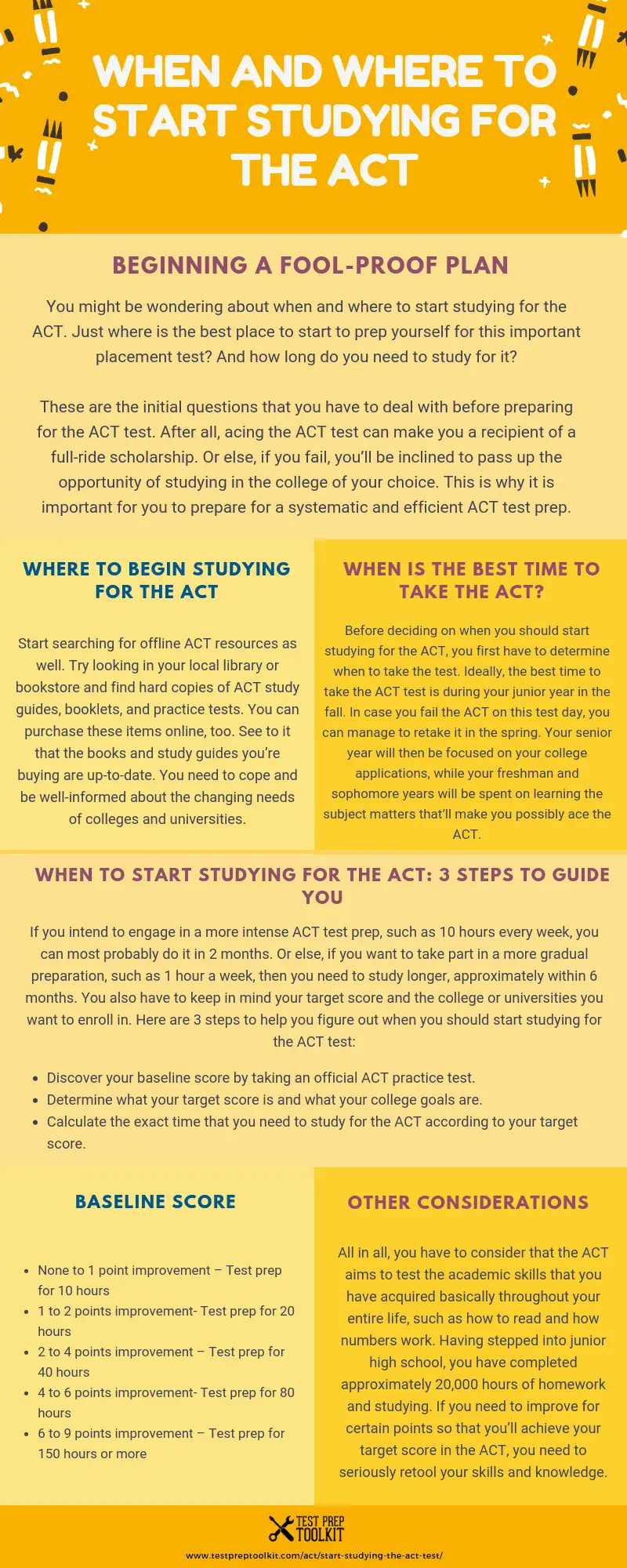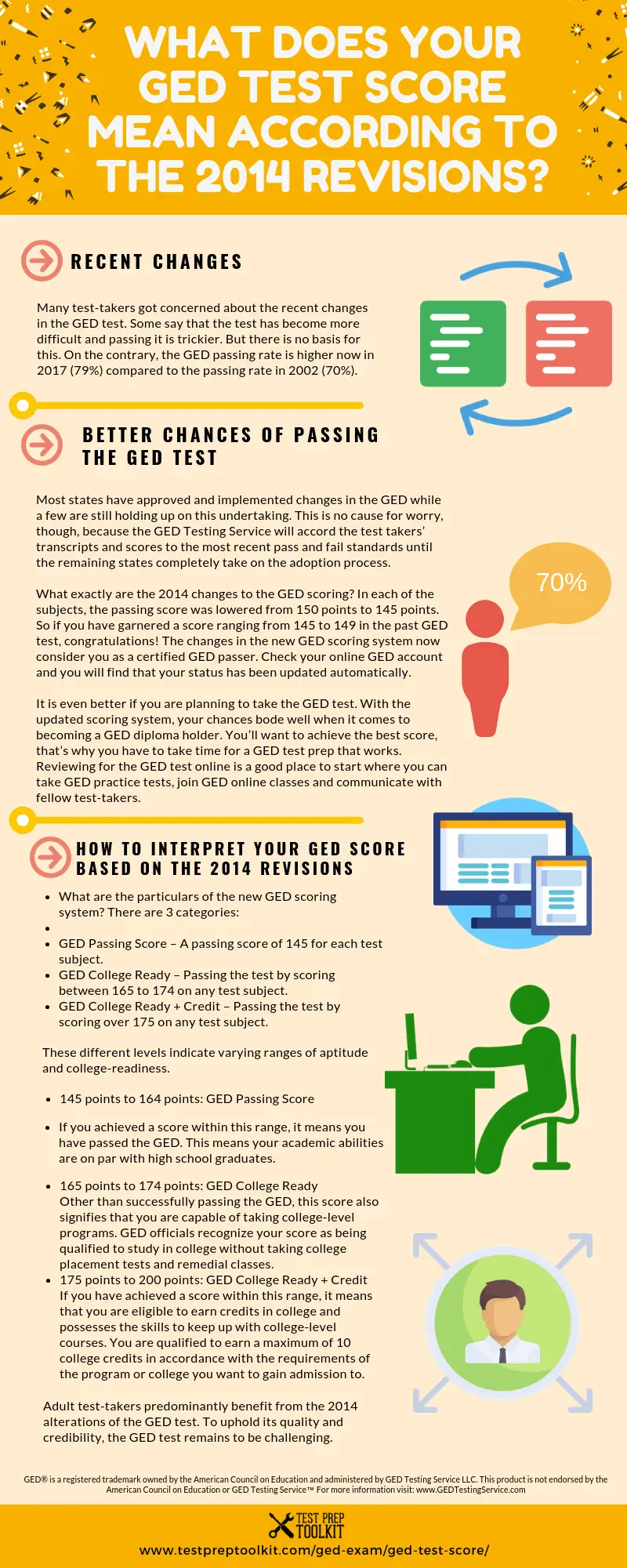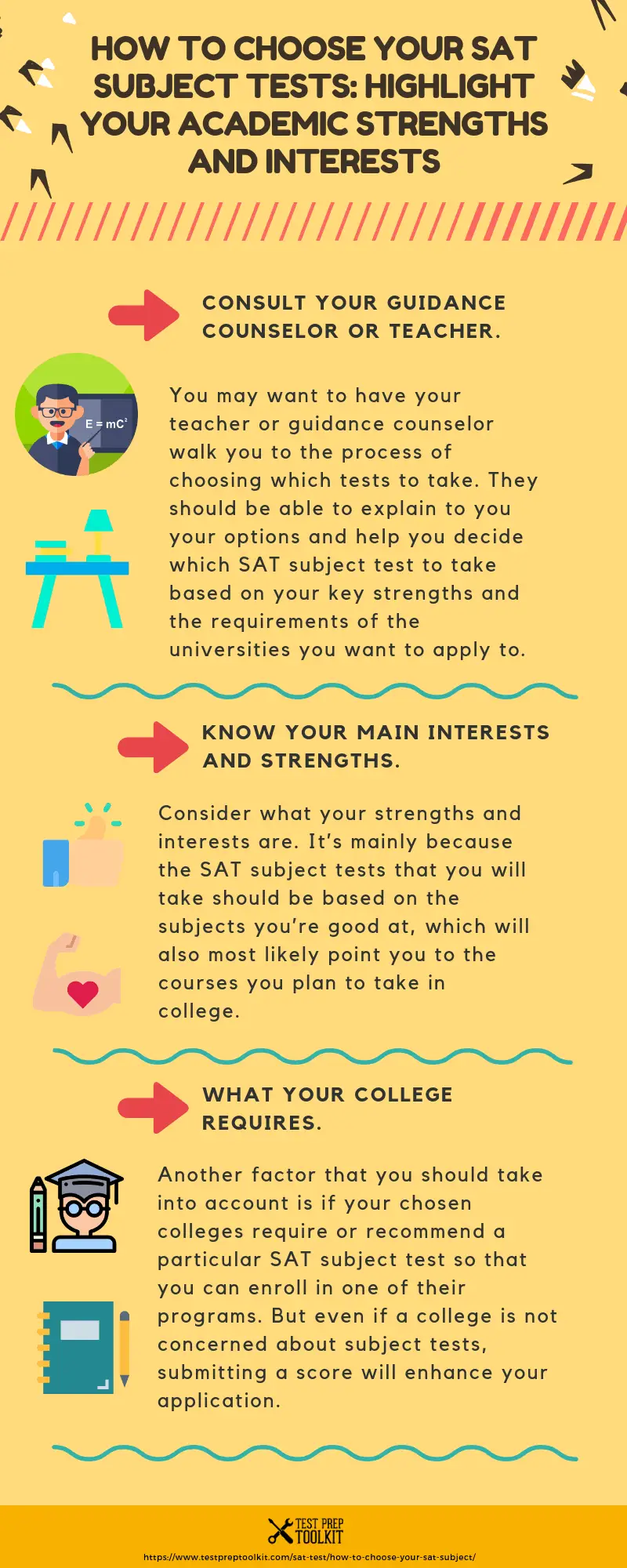| Agnes Scott College AIB College of Business Al Akhawayn University Albany College of Pharmacy and Health Sciences Albion College Alfred University Allegheny College Alma College American Academy of Dramatic Arts American International College American Jewish University American Samoa Community College American University American University in Cairo American University in Dubai American University of Beirut American University of Kuwait Amherst College Aquinas College Arcadia University Arizona State University Armstrong State University Art Institute of California: Los Angeles Art Institute of California: San Francisco Art Institute of Pittsburgh Ashland University Augustana College Austin College Ave Maria University Babson College Barclay College Bard College Bard College at Simon’s Rock Barnard College Bates College Bennington College Bentley University Berklee College of Music Bethel College Bluffton University Boise Bible College Boston College Boston University Bowdoin College Brandeis University Brenau University Briar Cliff University Brown University Bryant & Stratton College: Albany Bryant University Bryn Athyn College Bucknell University Buena Vista University Burlington College Cabrini College Caldwell University California Institute of Technology California Institute of the Arts California State University: Fullerton California State University: Los Angeles California University of Pennsylvania Calumet College of St. Joseph Calvary Bible College and Theological Seminary Calvin College Canisius College Capitol Technology University Carleton College Carlow University Carnegie Mellon University Carroll University Case Western Reserve University Catholic University of America Cedarville University Central Connecticut State University Champlain College Chapman University harleston Southern University City University of New York: Baruch College City University of New York: Queens College City University of New York: York College Claremont McKenna College Clarke University Clarkson University Clemson University Cogswell Polytechnical College Colby College Colgate University College of Mount St. Vincent College of St. Joseph in Vermont College of St. Scholastica College of the Atlantic College of the Holy Cross College of William and Mary Colorado College Columbia University: Columbia College Columbia University: Foundation School of Engineering and Applied Science Columbia University: School of General Studies Community College of Allegheny County Concordia College Concordia University Concordia University Irvine Connecticut College Cooper Union Cornell College Cornell University Cornerstone University Culver-Stockton College Cumberland University CUNY New York College of Technology Daemen College Daniel Webster College Dartmouth College Davidson College Dean College Deep Springs College Delta State University Denison University DePauw University DeVry University: Federal Way DeVry University: Fort Washington Dickinson College DigiPen Institute of Technology Divine Word College Doane College Dominican College of Blauvelt Dominican University Drury University Duke University Duquesne University Earlham College Eastern Connecticut State University Eastern Nazarene College Eastern New Mexico University Eastman School of Music of the University of Rochester Ecole Hoteliere de Lausanne Elms College Embry-Riddle Aeronautical University Emerson College Emmanuel College Emory University Eureka College Fashion Institute of Design & Merchandising Felician College Finlandia University Fisk University Fitchburg State University Florida Institute of Technology Florida International University Fordham University Franklin Pierce University Franklin University Switzerland Franklin W. Olin College of Engineering Friends University George Mason University George Washington University Georgetown University Georgia Gwinnett College Georgia Institute of Technology Georgian Court University Gettysburg College Goldey-Beacom College Gordon College Gordon State College Grace Bible College Greenville College Guilford College Gustavus Adolphus College Hamilton College Hampden-Sydney College Hampshire College Harrisburg University of Science and Technology Hartwick College | Harvard College Harvey Mudd College Hastings College Haverford College Hellenic College Holy Cross Hillsdale College Hofstra University Holy Cross College Holy Family University Hong Kong University of Science and Technology Hood College Houghton College Howard University Huston-Tillotson University Illinois Institute of Technology
Immaculata University Indiana State University Indiana University Bloomington Institut d’Etudes Politiques de Paris Inter American University of Puerto Rico Bayamon Ithaca College Jewish Theological of America, Albert List College John Carroll University Johns Hopkins University Kansas State University Kaplan College: Indianapolis Keiser University Flagship Campus Kennesaw State University Kenyon College Kettering University Keuka College Keystone College King’s College London Knox College Kutztown University of Pennsylvania La Salle University Lafayette College LaGrange College Lake Erie College Lake Superior State University Lakeland College Lasell College Lawrence University Lebanese American University Lebanon Valley College Lee University Lehigh University Lesley University LIU Brooklyn LIU Post Loras College Loyola Marymount University Loyola University New Orleans Lyme Academy College of Fine Arts Macalester College Maharishi University of Management Maine College of Art Mansfield University of Pennsylvania Marian Court College
Marian University Marlboro College Mary Baldwin College Marygrove College Marywood University Massachusetts College of Liberal Arts Massachusetts Institute of Technology Massachusetts Maritime Academy McDaniel College McGill University MCPHS University Medaille College Memphis College of Art Menlo College Mercer University Mercy College Mercyhurst University Meredith College Middlebury College Mills College Minnesota State University Mankato Missouri Southern State University MODUL University Vienna Monmouth College Moore College of Art and Design Moravian College Morgan State University Mount Aloysius College Mount Holyoke College Mount Mary University Mount Saint Mary College Muhlenberg College Nazareth College New College of Florida New England College New England School of Communications New York Institute of Technology New York University North Carolina A&T State University North Carolina State University North Park University Northeast Catholic College Northeastern Illinois University Northeastern University Northern Arizona University Northwestern College Northwestern University Northwood University: Michigan Notre Dame de Namur University Oberlin College Occidental College Ohio Valley University Oklahoma City University Oregon College of Art & Craft Oregon State University Oxford College of Emory University Pace University Pacific Union College Patrick Henry College Patten University Pine Manor College Pitzer College Point University Pomona College Pratt Institute Prescott College Princeton University Principia College Providence College Quinnipiac University Randolph College Randolph-Macon College Reed College Regis College Rensselaer Polytechnic Institute Rice University Richard Bland College Richmond: The American Intl Univ in London Ripon College Roanoke College Robert Morris University Rochester Institute of Technology Saint Anselm College Saint Joseph’s College Saint Michael’s College Salisbury University San Diego Christian College San Francisco State University Santa Clara University Sarah Lawrence College Savannah State University School of the Museum of Fine Arts Scripps College Seattle Pacific University Sewanee: The University of the South Siena Heights University Silicon Valley University Simon Fraser University Skidmore College Slippery Rock University of Pennsylvania Smith College Soka University of America Sonoma State University Southeastern Baptist College Southern Baptist Theological Seminary Southern Illinois University Carbondale Southern Illinois University Edwardsville Southern New Hampshire University Southern Oregon University Southern Vermont College Spelman College | St. Elizabeth College of Nursing St. Francis University St. John’s University St. Joseph’s College New York: Suffolk Campus St. Lawrence University St. Luke’s College St. Mary-of-the-Woods College St. Mary’s College of Maryland St. Mary’s University of Minnesota St. Olaf College Stanford University Sterling College Stetson University Stevens Institute of Technology Stockton University Stonehill College Suffolk University SUNY College at Geneseo SUNY College at Old Westbury SUNY College of Environmental Science and Forestry SUNY Polytechnic Institute SUNY University at Stony Brook Swarthmore College Sweet Briar College Temple University Tennessee Wesleyan College Texas A&M University-Corpus Christi Texas State University Texas Woman’s University Thiel College Tiffin University Trinity College Trinity University Tufts University Union College United States Coast Guard Academy Univ Puerto Rico: Carolina Regional College University of Advancing Technology University of Alaska Anchorage University of Alaska Southeast University of Alberta University of Arizona University of Baltimore University of California: Berkeley University of California: Davis University of California: Irvine University of California: Los Angeles University of California: Riverside University of California: San Diego University of California: Santa Barbara University of Delaware University of Detroit Mercy University of Findlay University of Florida University of Georgia University of Great Falls University of Hawaii: West Oahu University of Houston: Clear Lake University of Houston: Victoria University of La Verne University of Maine at Presque Isle University of Mary University of Mary Washington University of Massachusetts Dartmouth University of Miami
University of Michigan University of Minnesota: Crookston University of New Hampshire at Manchester University of North Carolina at Asheville University of North Carolina at Chapel Hill
University of North Texas University of Northwestern: St. Paul University of Notre Dame University of Pennsylvania University of Portland University of Puerto Rico: Bayamon University College University of Puerto Rico: Aguadilla University of Puerto Rico: Arecibo University of Puerto Rico: Humacao University of Puerto Rico: Mayaguez University of Puerto Rico: Ponce University of Puerto Rico: Rio Piedras University of Puerto Rico: Utuado University of Richmond University of Rochester University of San Diego University of Science and Arts of Oklahoma
University of South Florida University of Southern California
University of St. Mary University of Tennessee: Knoxville University of Texas University of Texas at Arlington University of Texas at Dallas University of Texas at El Paso University of the Incarnate Word University of the Pacific University of Toronto University of Virginia University of Virginia’s College at Wise University of Washington Tacoma University of West Georgia University of Wisconsin: River Falls University of Wisconsin: Whitewater Ursinus College Utica College Valley Forge Military College Vanderbilt University VanderCook College of Music Vassar College Virginia Tech Virginia Wesleyan College
Wabash College Wagner College Wake Forest University Walla Walla University Wartburg College Washington & Jefferson College Washington and Lee University Washington University in St. Louis Webb Institute Wellesley College Wells College Wesleyan University West Virginia Wesleyan College Western Connecticut State University Western Oregon University Western State Colorado University Westmont College Westwood College: Aurora Westwood College: Online Westwood College: River Oaks Wheaton College Whitman College William Peace University William Penn University Williams College Winston-Salem State University Wofford College Worcester Polytechnic Institute Xavier University of Louisiana Yale University Yonsei University |










